Capacity for political risk insurance now surpasses $2 billion for a single policy, nearly double the number just six year ago, Marsh said in a new report.
What’s more, it is a buyer’s market for the specialty coverage, Marsh said, which protects businesses from losses stemming from political instability such as terrorism, revolution, government action or business interruption.
“Abundant capacity and strong competition have contributed to a generally favorable marketplace for buyers of political risk insurance globally as the second half of 2015 approaches,” Marsh said in its report. “Despite growing concerns about global political and credit risks and a recent increase in loss notifications – which will likely translate into some losses for insurers later this year – insurers generally view political risk as an attractive line of business in which to compete.”
Marsh added that the robust capacity and record-low pricing has helped spur multinational companies to increasingly sign up for political risk insurance. Why? It helps protect shareholder value, and also is an action that supports foreign market growth and makes it easier to nail down lender financing.
For insurers, political risk insurance offers something that avoids the pitfalls they are facing in other lines of coverage right now.
Marsh noted that the increased capacity for political risk insurance reflects a shift from traditional P/C lines toward more profitable specialty lines. For example, traditional insurance lines such as property and directors and officers liability now face massive competition, leaving carriers to face indefinite soft pricing and limits on underwriting profits.
Additionally, insurers haven’t been able to generate much investment income due to low interest rates, which has spurred their shift to specialist lines such as political risk, according to Marsh.
What benefits do P/C carriers get from offering political risk insurance? It turns out there are many:
Revenues in political risk insurance and other specialty lines are not in synch with swings brought on by the overall commercial insurance market.
Combined ratios for political risk insurance have generally stayed below 100 for the last 10 years, excluding 2008 and 2009, when the global financial crisis hit.
Insurers in recent months have seen a spike in frequency and severity of political risk loss notifications in recent months, based on actions in places such as Libya and Ukraine. The risks have run the gamut, from areas including nonpayment to physical damage and forced abandonment. Even so, the industry’s outlook for the coverage remains positive.
Marsh and BMI research found that there are a number of global political risks shaping demand for the specialty coverage today. Those include persistently low oil prices, the U.K. government’s plan to hold a referendum on the country’s continued European Union membership, renewal of E.U. sanctions against Russia and edgy relations between China and Taiwan.
Source: Marsh




















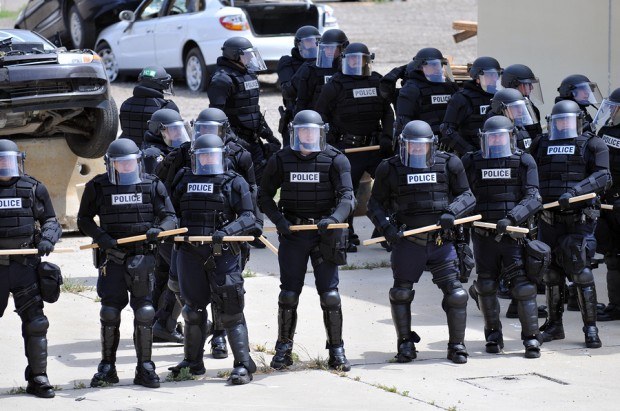
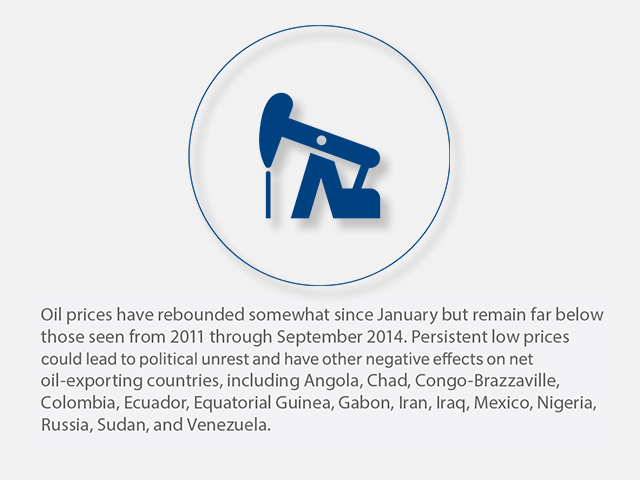
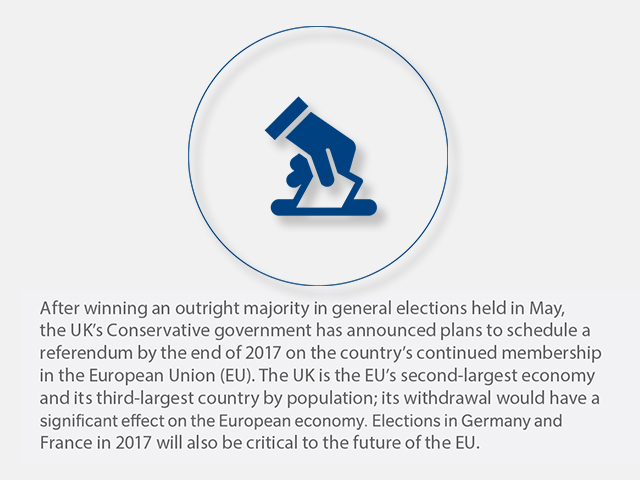
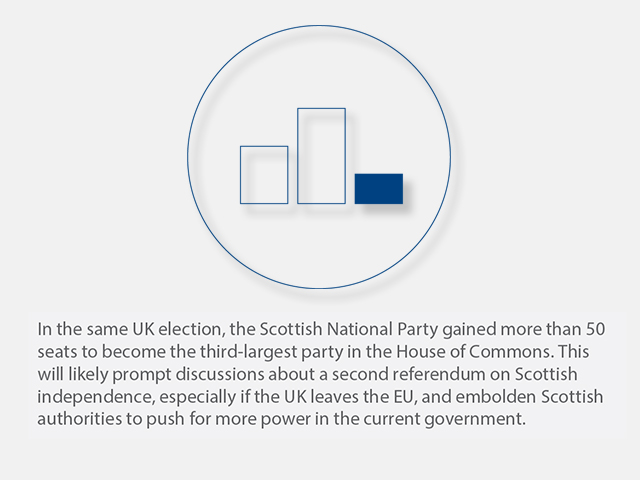
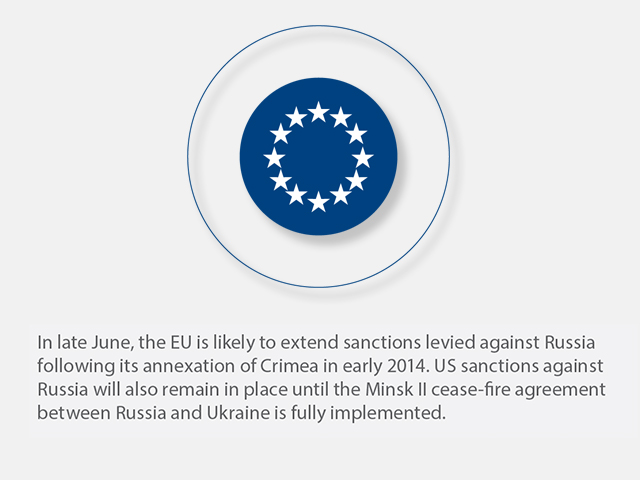
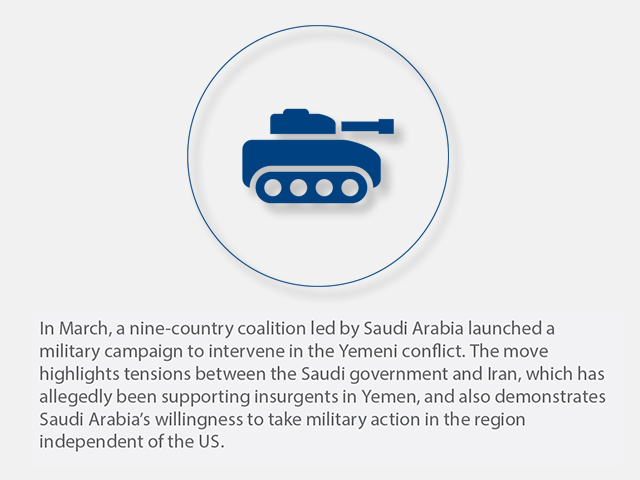
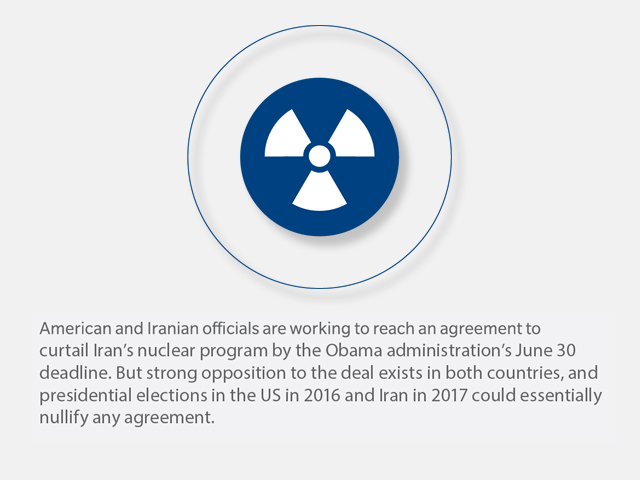
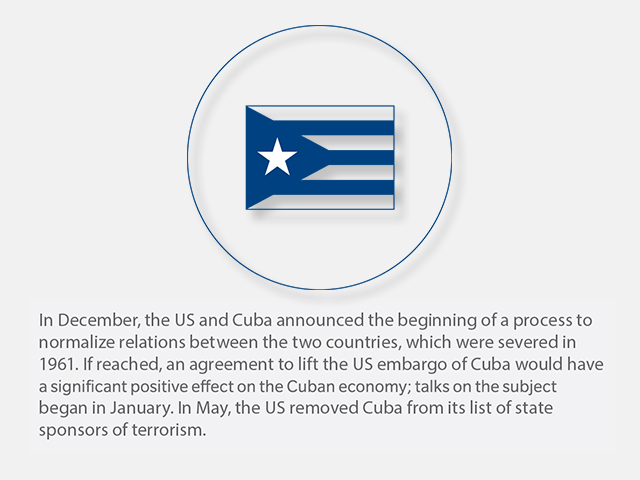
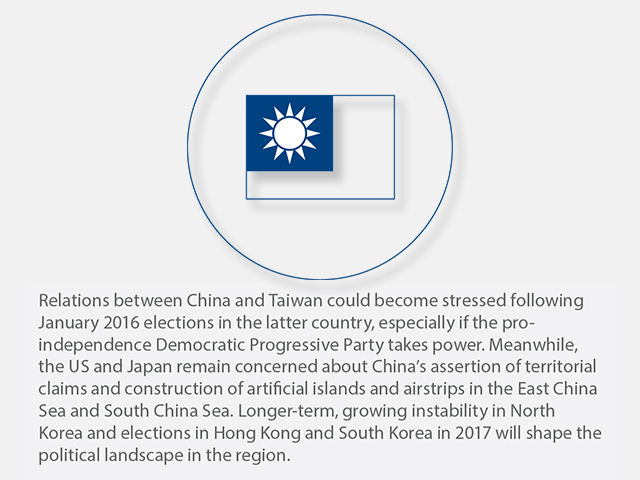
 Telematics and Trust: How Usage-Based Insurance Is Transforming Auto Coverage
Telematics and Trust: How Usage-Based Insurance Is Transforming Auto Coverage  From Skill to System: The Next Chapter in Insurance Claims Negotiation
From Skill to System: The Next Chapter in Insurance Claims Negotiation  Beyond Automation: The Emerging Role for Contextual AI in Insurance
Beyond Automation: The Emerging Role for Contextual AI in Insurance  AI Claim Assistant Now Taking Auto Damage Claims Calls at Travelers
AI Claim Assistant Now Taking Auto Damage Claims Calls at Travelers 















